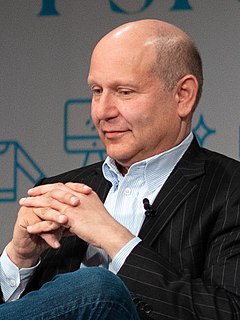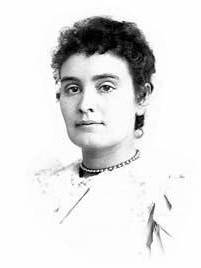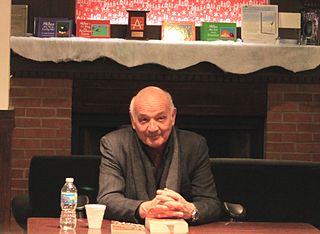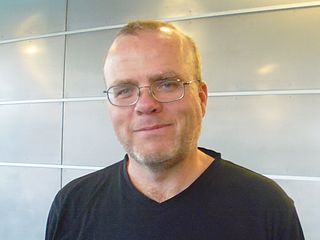A Quote by Niklaus Wirth
My being a teacher had a decisive influence on making language and systems as simple as possible so that in my teaching, I could concentrate on the essential issues of programming rather than on details of language and notation.
Related Quotes
A most important, but also most elusive, aspect of any tool is its influence on the habits of those who train themselves in its use. If the tool is a programming language this influence is, whether we like it or not, an influence on our thinking habits.... A programming language is a tool that has profound influence on our thinking habits.
Although mathematical notation undoubtedly possesses parsing rules, they are rather loose, sometimes contradictory, and seldom clearly stated. [...] The proliferation of programming languages shows no more uniformity than mathematics. Nevertheless, programming languages do bring a different perspective. [...] Because of their application to a broad range of topics, their strict grammar, and their strict interpretation, programming languages can provide new insights into mathematical notation.
The initial motive for developing APL was to provide a tool for writing and teaching. Although APL has been exploited mostly in commercial programming, I continue to believe that its most important use remains to be exploited: as a simple, precise, executable notation for the teaching of a wide range of subjects.
Language designers want to design the perfect language. They want to be able to say, 'My language is perfect. It can do everything.' But it's just plain impossible to design a perfect language, because there are two ways to look at a language. One way is by looking at what can be done with that language. The other is by looking at how we feel using that language-how we feel while programming.
My notion of a failed writing workshop is when everybody comes out replicating the teacher and imitating as closely as possible the great original at the head of the table. I think that's a mistake, in obvious opposition to the ideal of teaching which permits a student to be someone other than the teacher. ... The successful teacher has to make each of the students a different product rather than the same.


































